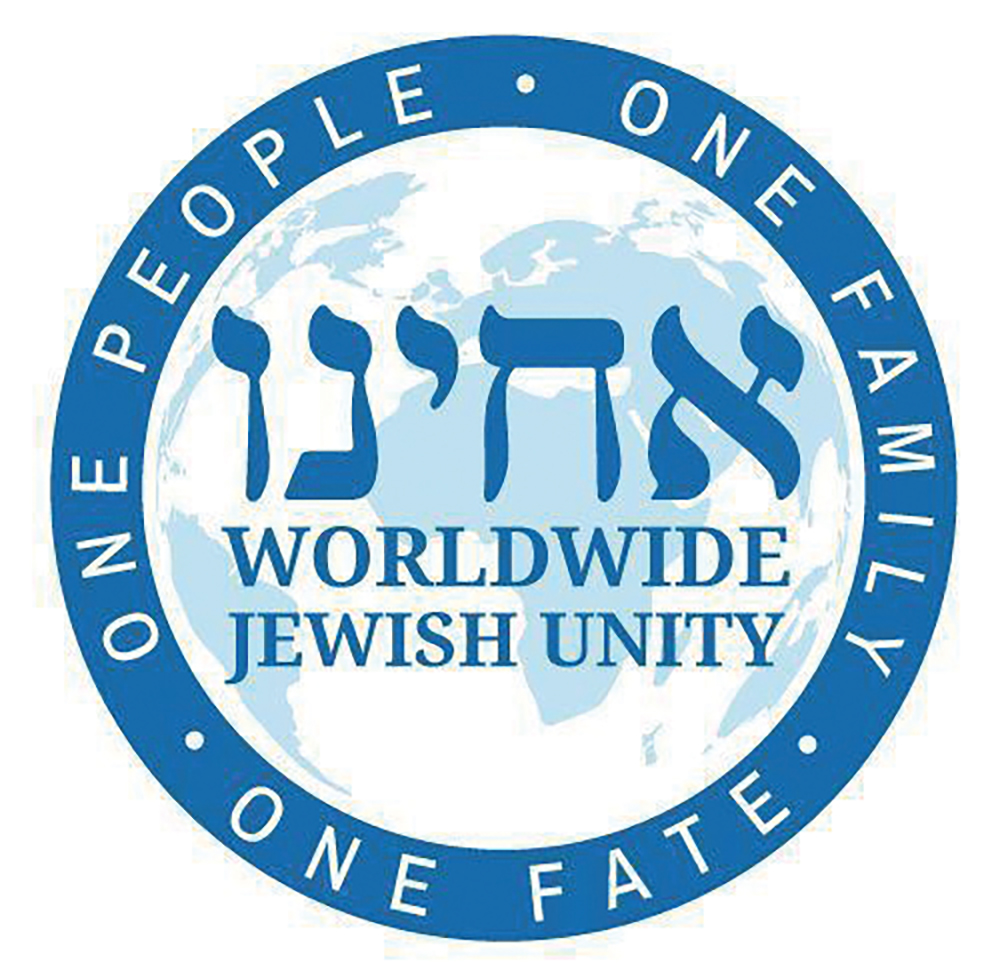
After decades of struggles and challenges, in Parshat Vayeshev, Yaakov Avinu aims to settle down and live peacefully. Instead, the conflict between Yosef and his brothers rips Yaakov’s family apart.
Triggered by Yaakov’s favoritism for Yosef, as well as Yosef’s dreams, the brothers plot to murder Yosef in cold blood. Eventually, they relent and instead (“only”) sell him into slavery.
The scourge of sinat chinam, baseless hatred that began with Yosef and his brothers did not end there. Over a thousand years later, it caused the destruction of the second Beit Hamikdash (Yoma 9b). The Zohar (Vayeishev 29b) connects these two episodes, teaching that the 22 days between the 17th of Tammuz and the 9th of Av were caused by the 22 years Yosef was separated from his family.
Sadly, sinat chinam continues to this day. The continued churban Hamikdash,destruction of the Temple, reminds us that we are still guilty of the same sin (Yerushalmi, Yoma 1:1).
How do we fix this terrible sin? A careful study of the first instance of baseless hatred can help us finally solve it.
Speech Therapy
The Torah tells us that the brothers’ anger made them “unable to speak to Yosef in peace” (Bereishit 37:4). We often choose to avoid confronting those who offend us. We are too hurt to speak out, and doing so is uncomfortable. Unaddressed, though, our feelings fester and grow, and the hatred, distance, and demonization intensify.
For this reason, the Torah commands us to share our feelings with those who have wronged us: “Lo tisna et achicha bilvavecha; hocheiach tochiach et amitecha, v’lo tisa alav cheit, Do not hate your brother in your heart; you should surely rebuke him, and you will not bear sin” (Vayikra 19:17). If you are upset at someone, don’t let your feelings grow in silence. Tell him about it. Explain to him why you are hurt. This is the only way to resolve the issue or, at the very least, allow you to get the feelings “off your chest.”
Understanding Our Dreams
Yosef’s telling his dreams to his brothers intensified their hatred. Yosef seemed to be dreaming about ruling over the brothers he envisioned bowing to him.
But weren’t his dreams correct? Was he not destined to lead? Should he not have shared his vision with his brothers?
Rav Soloveitchik explains that Yosef initially misunderstood his dreams. His abilities and future position of power were not meant to facilitate his rule over the brothers. They were intended to help him serve them. Rav Soloveitchik derives this from Yosef’s description of his dreams (in next week’s parsha) as being for his brothers (not about him). Hashem blessed Yosef with unique abilities he was meant to use on behalf of his family and the Jewish people.
This is why he dreamed about sheaves bowing to his sheaf, not his brothers bowing to him. The family would need Yosef to feed them, not rule over them.
His service of Potiphar, overseeing prisoners, and assistance to Paroh and Mitzrayim helped Yosef appreciate his role as a provider. In the course of Parshiyot Vayeshev and Mikeitz, Yosef’s mindset shifted from self-fulfillment to serving others. When reunited with his brothers, he was ready to play the role his dreams had truly intended.
Transcending Ourselves
This approach to our abilities and dreams can help us overcome baseless hatred. Modern society emphasizes personal fulfillment. This naturally makes people self-centered. The goal of personal advancement causes us to see others as competitors (at worst) or as means to facilitate our own personal success (at best).
The Torah directs us to see our success as national instead of personal. We are each successful only if and when all of our people are. We are not individuals competing with others for resources and opportunities. Instead, we are teammates working together to accomplish shared goals. This perspective helps avoid jealousy and overcome sinat chinam.
Achdut and Acheinu
Hamas’s October 7 attack reminded us of how much we care for each other. Each of us felt the pain and suffering of those attacked personally (see Vayikra Rabbah 4:6). The fact that we have all been targeted, in Israel and around the world, has unified us in our struggle against our common enemy.
The question is whether we will sustain this unity after we defeat the enemy and avert the threat.
The Acheinu Worldwide Unity Movement aims to help us achieve this goal—to ensure that the achdut continues after the war. Acheinu encourages Jews around the world to repair strained relationships with family and friends and strengthen and develop relationships with all Jews. We encourage communities to arrange community-wide programs that include all Jews and all Jewish organizations (as appropriate for each community).
 The Acheinu movement links these efforts in 50 countries around the world. The Acheinu Global Siyum, Tehillim and song initiatives have connected the learning, prayer and song of Jews worldwide. Instead of praying and learning alone, we do so as one globally unified people. We have shown and continue to show that we see ourselves as one nation.
The Acheinu movement links these efforts in 50 countries around the world. The Acheinu Global Siyum, Tehillim and song initiatives have connected the learning, prayer and song of Jews worldwide. Instead of praying and learning alone, we do so as one globally unified people. We have shown and continue to show that we see ourselves as one nation.
May we continue reinforcing our achdut efforts on the personal, communal and global planes in the weeks and months ahead.
For more information about the Acheinu Jewish WorldWide Unity Program and to sign up for initiatives, see Acheinu.World.
Rav Reuven Taragin is the dean of Overseas Students at Yeshivat Hakotel and the educational director of World Mizrachi.












